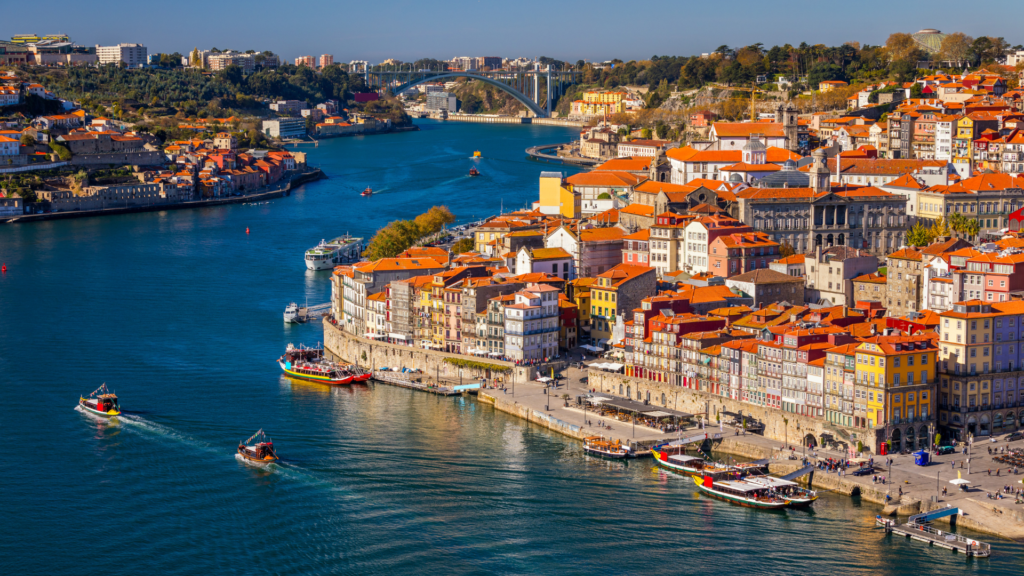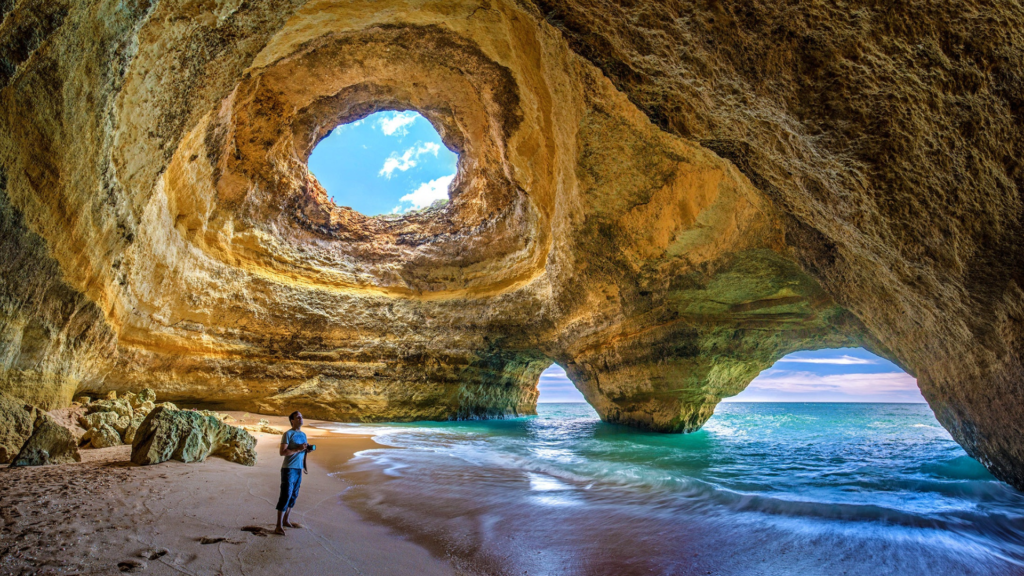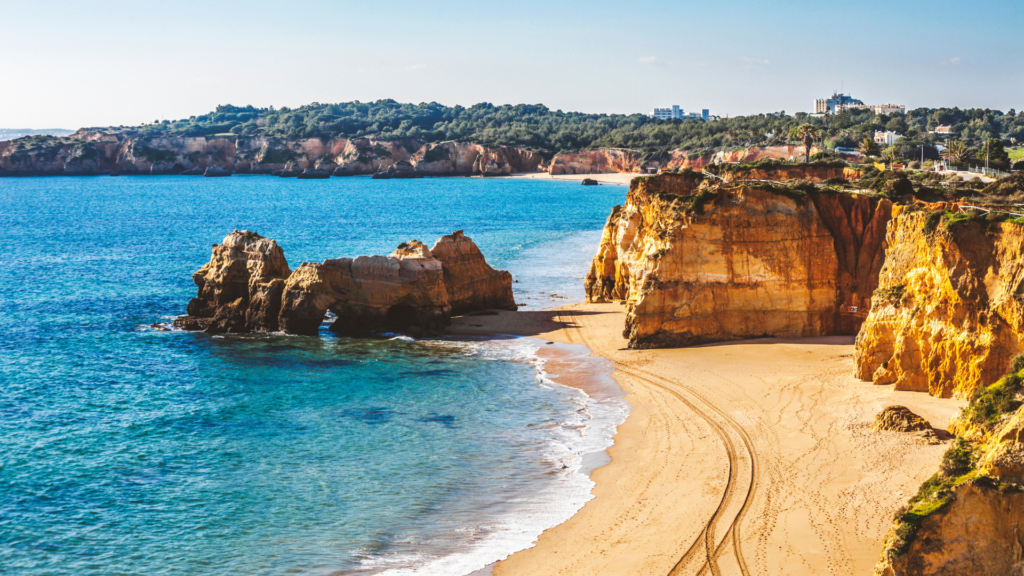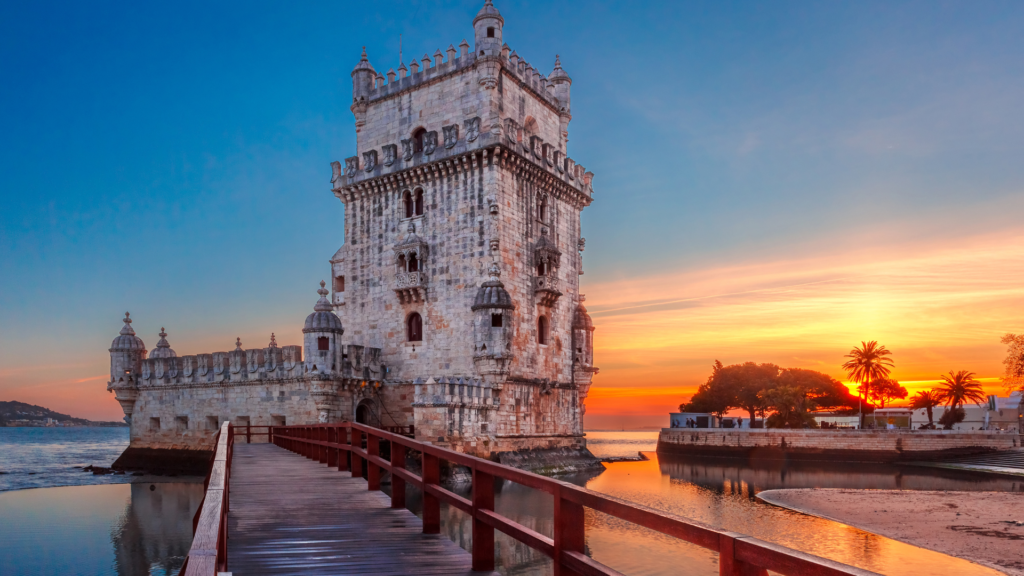Portugal Country Guide




Why Should I/We Buy in Portgual
Buying property in Portugal comes with a variety of benefits and attractive features that can appeal to different individuals, whether you’re looking for a vacation home, a place to retire, or an investment opportunity. Here are some key points to consider:
Affordable Cost of Living: Compared to many other Western European countries, Portugal offers a relatively low cost of living. This extends to real estate prices, which are generally more affordable, giving you more value for your money.
Favorable Climate: Portugal boasts a temperate climate year-round, with more than 300 days of sunshine in some regions. This makes it an ideal destination for those who prefer mild winters and warm, sunny summers.
Rich Culture and History: The country is known for its rich cultural heritage, historical architecture, and vibrant traditions. Owning property in Portugal can immerse you in its unique lifestyle, cuisine, and festivities.
Strong Rental Market: With a growing tourism industry, there’s a strong demand for short-term rentals, making it an attractive option for investors looking to generate income from their property.
Tax Benefits: Portugal offers several tax incentives for foreign property owners, including the Non-Habitual Resident (NHR) program, which can provide significant tax reductions or exemptions for a period of 10 years.
Quality of Life: Portugal ranks highly in terms of quality of life, with a strong emphasis on family, a laid-back lifestyle, excellent food and wine, and a friendly, welcoming population.
Safety: Portugal is consistently ranked as one of the safest countries in the world, making it an appealing choice for families or individuals seeking a peaceful living environment.
Golden Visa Program: For non-EU investors, the Portuguese Golden Visa program offers a pathway to residency (and potentially citizenship) through real estate investment, subject to certain conditions. This program has been particularly popular among those looking to enjoy freedom of movement within the Schengen Area.
Healthcare System: Portugal has a high-quality healthcare system, with both public and private options available. This is a key consideration for retirees or those looking to relocate permanently.
Diverse Locations: Whether you prefer the bustling cities of Lisbon and Porto, the tranquil Algarve coast, or the serene countryside and vineyards of the Douro Valley, Portugal offers a wide range of settings to suit different preferences and lifestyles.
When considering purchasing property in Portugal, it’s also important to conduct thorough research and possibly consult with real estate professionals familiar with the local market to navigate the process smoothly.
Buying Process in Portugal
The process of buying property in Portugal is straightforward, but it involves several steps and costs that potential buyers should be aware of. Here’s an overview of the key points in the buying process, along with information on taxes and fees associated with purchasing real estate in Portugal.
Property Search and Selection: Begin by researching and selecting a property that meets your needs, preferences, and budget. Consider hiring a real estate agent for access to more listings and professional guidance.
Preliminary Agreement (Contrato de Promessa de Compra e Venda, CPCV): Once you’ve chosen a property, you’ll sign a preliminary contract with the seller and pay a deposit, typically between 10% and 30% of the purchase price. This contract outlines the terms and conditions of the sale.
Legal Due Diligence: It’s crucial to conduct legal due diligence to ensure the property is free of legal encumbrances and debts. This includes checking the property’s registration, tax situation, and ownership details at the local land registry (Conservatória do Registo Predial).
Obtain a Fiscal Number: As a buyer, you must obtain a Portuguese fiscal number (Número de Identificação Fiscal, NIF) from the local tax office. This is required for all property transactions in Portugal.
Final Deed (Escritura Pública de Compra e Venda): The final step in the buying process is the signing of the official deed of sale, usually done in the presence of a notary. At this point, the remainder of the purchase price is paid.
Registration: After the sale is completed, the new ownership must be registered with the Land Registry and the Tax Office.
IMT (Property Transfer Tax): The IMT is the main tax on property transactions in Portugal and varies based on the property type, location, and purchase price. Rates range from 0% to 8% for residential properties, with higher-value properties incurring higher rates. There are exemptions and reductions available under certain conditions.
Stamp Duty (Imposto de Selo): Stamp duty is charged at a rate of 0.8% of the property value.
Notary and Registration Fees: These fees are relatively small compared to the IMT and stamp duty, usually amounting to a few hundred euros.
Legal and Agent Fees: Legal fees for the due diligence and contract preparation can vary, but they typically range from 1% to 2% of the purchase price. If you use a real estate agent, their commission usually ranges from 3% to 5%, paid by the seller.
Annual Property Tax (IMI): Owners must also pay an annual property tax, which is calculated based on the property’s tax value and ranges from 0.3% to 0.45% for urban properties.
Given the complexity of the process and the various taxes and fees involved, it’s advisable to seek professional advice from a lawyer and a tax consultant to navigate the buying process and understand all your obligations and potential liabilities.
Popular Areas in Portugal
Portugal is renowned for its diverse landscapes, rich culture, and high quality of life, making it a popular destination for property buyers from around the world. Each region offers its own unique appeal, catering to different lifestyles and preferences. Here’s an overview of some of the most popular areas for buying property in Portugal:
Lisbon
- Overview: The capital city of Portugal, Lisbon, is famous for its historic architecture, vibrant cultural scene, and stunning views of the Tagus River. It offers a mix of traditional charm and modern amenities.
- Attractions: Cultural landmarks, world-class restaurants, bustling nightlife, and extensive shopping districts.
- Property Market: Lisbon has a dynamic real estate market, with properties ranging from historic apartments in Alfama to luxurious new developments in Parque das Nações.
Porto
- Overview: Portugal’s second-largest city, known for its rich history, port wine production, and beautiful riverside area. Porto combines old-world charm with the dynamism of a growing city.
- Attractions: The iconic Ribeira district, famous port wine cellars, and impressive Douro River views.
- Property Market: The market includes traditional townhouses in the historic center and modern apartments in upcoming areas like Boavista and Foz do Douro.
Algarve
- Overview: Renowned for its stunning beaches, golf resorts, and warm climate year-round, the Algarve is a top destination for retirees and holidaymakers.
- Attractions: Picturesque coastal towns, world-class golf courses, and some of Europe’s best beaches.
- Property Market: Offers a wide range of properties, from luxury villas with sea views to charming apartments in coastal towns like Lagos, Albufeira, and Vilamoura.
Madeira
- Overview: A lush, subtropical island known for its incredible landscapes, mild climate, and rich cultural heritage. Madeira is ideal for those looking for a tranquil lifestyle in a natural setting.
- Attractions: Dramatic cliffs, lush gardens, and outdoor activities like hiking and sailing.
- Property Market: Features a variety of properties, including modern apartments in Funchal, villas with ocean views, and traditional homes in rural areas.
Cascais
- Overview: A sophisticated seaside town located on the Lisbon coastline, Cascais is known for its beautiful beaches, luxury lifestyle, and proximity to Lisbon.
- Attractions: Elegant marina, high-end dining, and numerous golf courses.
- Property Market: Includes luxury villas, upscale apartments, and traditional Portuguese houses, catering to a high-end market.
Silver Coast (Costa de Prata)
- Overview: Stretching from Lisbon to Porto, the Silver Coast is less crowded than the Algarve and is known for its unspoiled beaches, charming towns, and excellent value for money.
- Attractions: Medieval towns like Óbidos, surf spots like Nazaré, and scenic vineyards.
- Property Market: Offers a mix of traditional houses, new-build villas, and apartments at more affordable prices compared to the more popular Algarve and Lisbon.
Alentejo
- Overview: Known for its rolling hills, vineyards, and historic towns, Alentejo offers a peaceful, rural lifestyle with plenty of space and natural beauty.
- Attractions: Wine tasting, historic sites like Évora (a UNESCO World Heritage site), and beautiful landscapes.
- Property Market: Characterized by large estates, country houses, and agricultural properties, ideal for those looking for a quieter, more spacious living environment.
Each of these areas offers its own unique set of benefits, whether you’re seeking the vibrant city life of Lisbon and Porto, the beachside tranquility of the Algarve and Cascais, the natural beauty of Madeira, the value of the Silver Coast, or the rural charm of Alentejo. It’s essential to visit and explore these regions to find the perfect match for your lifestyle and property aspirations.
